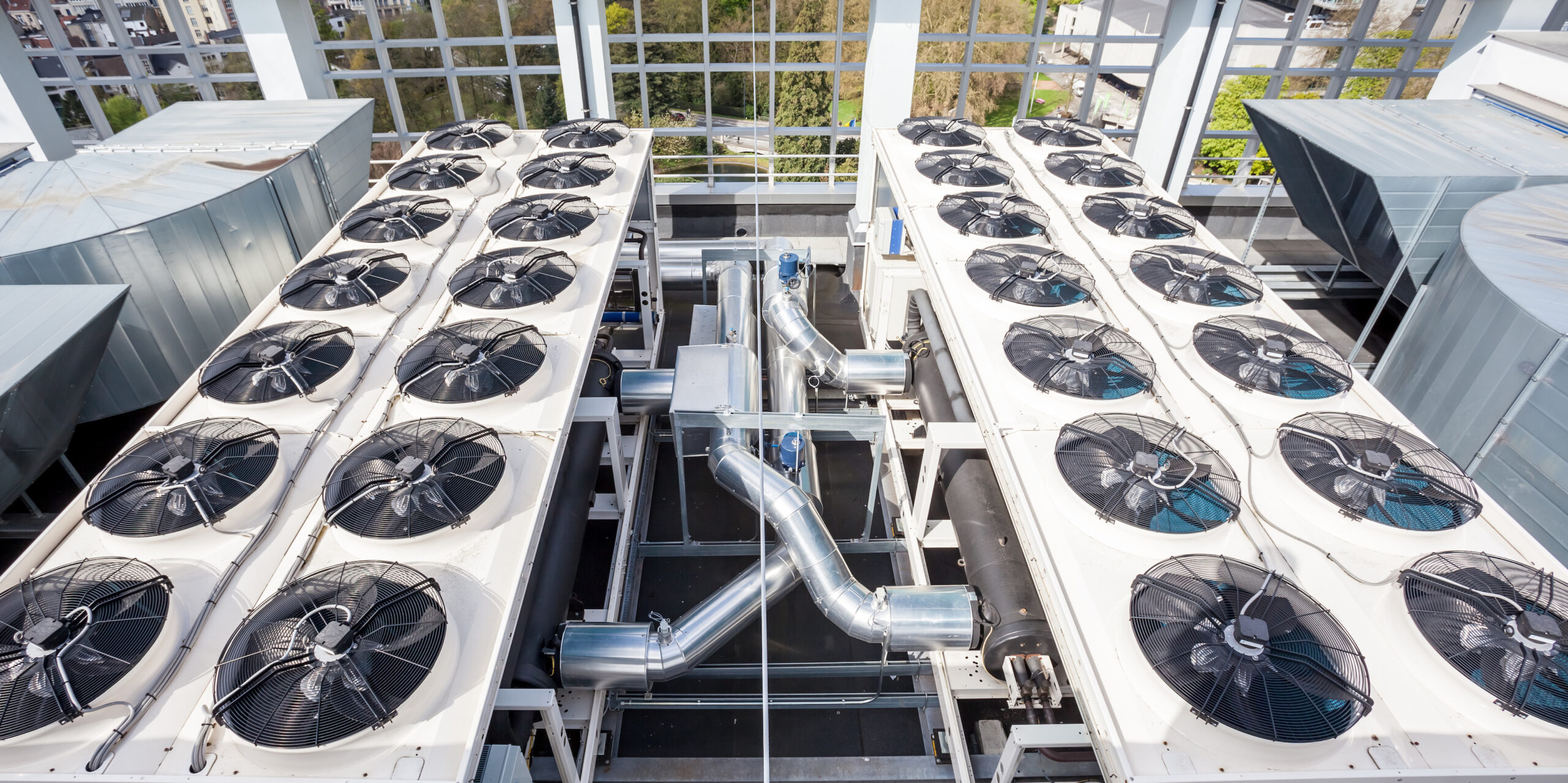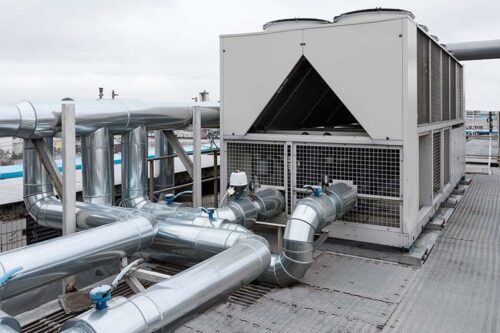Affordable Furnace Installation For Comfortable Homes In Nearby Neighborhoods
Affordable Furnace Installation For Comfortable Homes In Nearby Neighborhoods
Blog Article
Your Overview to Selecting the Right HVAC System for Your Demands
Picking an ideal HVAC system is a crucial decision that can considerably impact convenience and power performance in your home. Furthermore, comprehending the different kinds of systems offered and their energy scores can aid guide your selection.
Comprehending HVAC System Kind
When selecting a HVAC system, it is important to recognize the various kinds available to meet your details needs. The key groups of heating and cooling systems include central air systems, ductless mini-split systems, heatpump, and furnace systems.
Central air systems are created to cool several rooms using ductwork to distribute conditioned air. They are optimal for bigger homes needing regular temperature level control. Ductless mini-split systems, on the other hand, give adaptability and performance, as they enable zoning capabilities, allowing specific area temperature level policy without the need for ductwork.
Warm pumps run by transferring warmth rather than creating it, making them an energy-efficient alternative for both heating and air conditioning. Conversely, furnace systems make use of burning to generate warm, making use of either electrical energy, gas, or oil.
Each system has unique benefits and considerations, including installation requirements, maintenance, and overall costs. Comprehending these types will assist property owners make informed decisions based on their details demands, environment, and budget plan constraints, eventually making certain optimum comfort and effectiveness.
Examining Power Effectiveness
Power efficiency is a vital element in the choice of a HVAC system, as it directly influences both utility expenses and environmental sustainability. The Seasonal Power Efficiency Ratio (SEER) and the Home Heating Seasonal Efficiency Element (HSPF) are important indications for air conditioning systems, representing their effectiveness over a typical cooling and heating season, respectively.
Additionally, seek systems that have gained the power STAR label. This certification indicates that the tools meets stringent energy effectiveness guidelines set by the U.S. Environmental Security Agency. Take into consideration the system's variable-speed technology, which permits extra reliable procedure by readjusting the outcome to match demand, better enhancing energy savings.
Moreover, proper insulation and air duct securing can dramatically affect the system's general performance. In recap, picking an energy-efficient cooling and heating system not only reduces your energy costs yet likewise adds to a more lasting atmosphere, making it a necessary factor to consider in your buying process.
Assessing System Size
Picking the ideal size for a heating and cooling system is important to guaranteeing optimum efficiency and effectiveness. A small system might have a hard time to maintain preferred temperatures, causing raised wear and tear, greater energy usage, and diminished comfort. Conversely, an extra-large system can cause fast biking, which not just causes ineffectiveness but additionally impacts humidity control and air top quality.
To assess the excellent sizing, it is important to conduct a tons computation, which considers variables such as the square footage of the room, insulation levels, window sizes, and local environment conditions - furnace repair. This calculation helps determine the British Thermal Devices (BTU) needed for home heating and cooling. Additionally, it is important to account for details needs, such as the variety of occupants and the presence of heat-generating devices

Setup Prices and Spending Plan
A detailed understanding of installation prices is important for property owners and companies thinking about a new heating and cooling system. The complete expenditure of installation can vary widely based on numerous factors, consisting of the type of system, the complexity of installation, and the place of the home. Usually, installment expenses can range from $3,000 to $10,000, relying on the system's size and effectiveness.
When budgeting for an a/c system, it see this here is crucial to consider not only the preliminary setup costs however also any added expenses that might arise, such as ductwork alterations, electric upgrades, or licenses. Additionally, it is recommended to obtain multiple quotes from accredited a/c service providers to make certain competitive pricing.
House owners you can try these out ought to also factor in the prospective long-term cost savings connected with energy-efficient systems. While the upfront prices may be higher, energy-efficient versions can lead to substantial savings on energy expenses gradually.

Upkeep and Longevity Considerations

Proper upkeep includes regular assessments, filter substitutes, and cleansing of coils and ducts (boilder repair). Overlooking these jobs can result in reduced effectiveness, enhanced energy expenses, and premature system failing. House owners should also think about the accessibility of solution agreements, which typically give scheduled maintenance and concern service, ensuring that the system remains in peak condition
Long life varies by system kind; for example, well-maintained central air devices can last 15 to two decades, while heatpump might have a life expectancy of 10 to 15 years. Selecting a system with a solid reputation for reliability, along with buying routine maintenance, can dramatically improve the system's longevity. Furthermore, selecting higher-efficiency versions may result in long-lasting cost savings on power bills, balancing the first financial investment with time.
Final Thought
In conclusion, picking an appropriate a/c system requires mindful consideration of numerous factors, including system kinds, energy efficiency, and dimension. Assessing setup costs and lasting maintenance demands is vital for guaranteeing optimal efficiency and cost-effectiveness. Involving with cooling and heating professionals can give valuable insights and tailored suggestions that line up with details heating and cooling needs. Inevitably, a well-informed decision will boost convenience and effectiveness in household environments while making the most of power financial savings.
Selecting a proper Cooling and heating system is best site a critical choice that can dramatically influence convenience and energy efficiency in your home.Power efficiency is an important element in the option of a Heating and cooling system, as it straight affects both energy costs and environmental sustainability. The Seasonal Power Effectiveness Ratio (SEER) and the Heating Seasonal Performance Factor (HSPF) are essential indications for air conditioning systems, representing their effectiveness over a normal air conditioning and heating period, specifically. Selecting a system with a solid online reputation for reliability, along with investing in routine maintenance, can dramatically boost the system's resilience.In conclusion, selecting an ideal HVAC system necessitates careful factor to consider of numerous variables, including system kinds, energy performance, and dimension.
Report this page